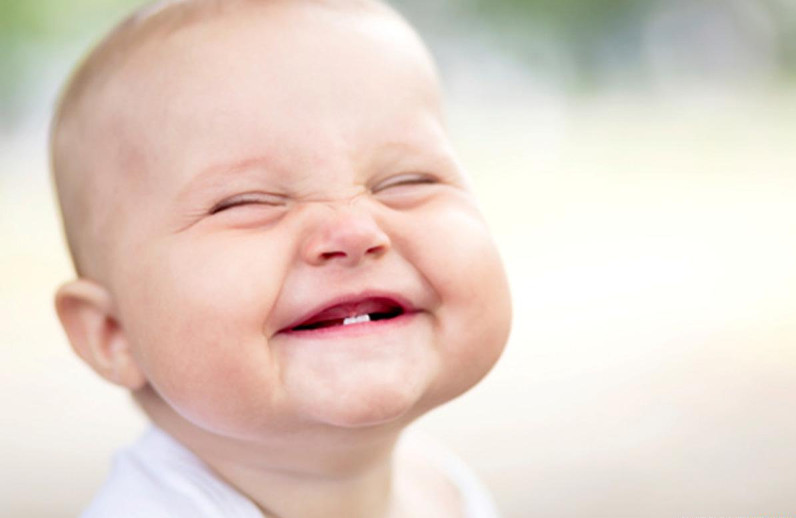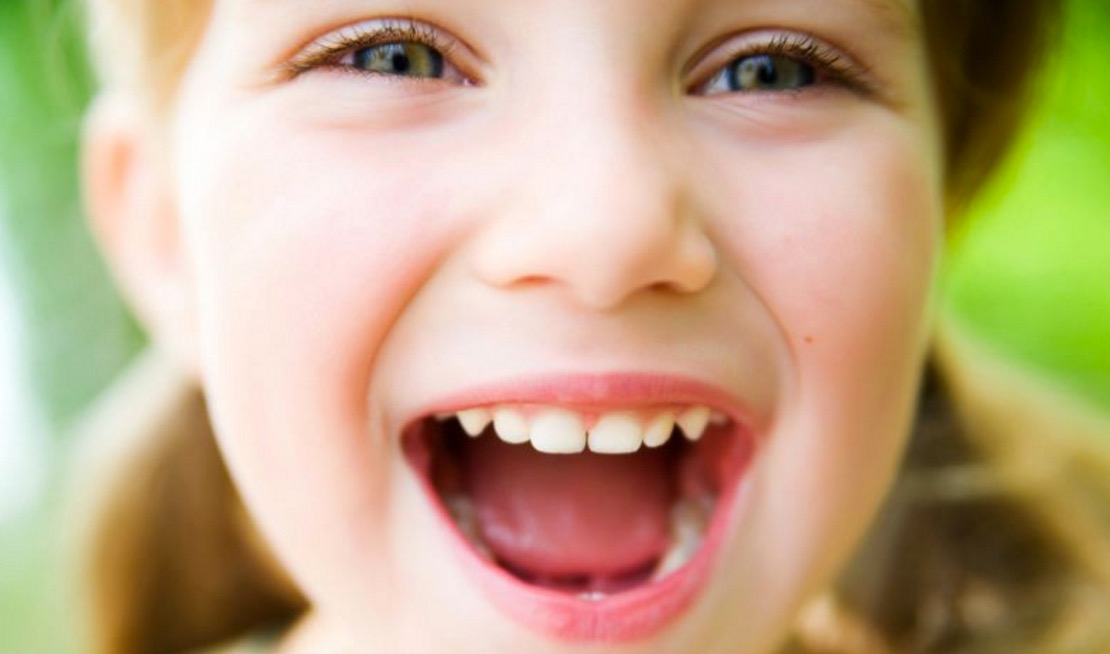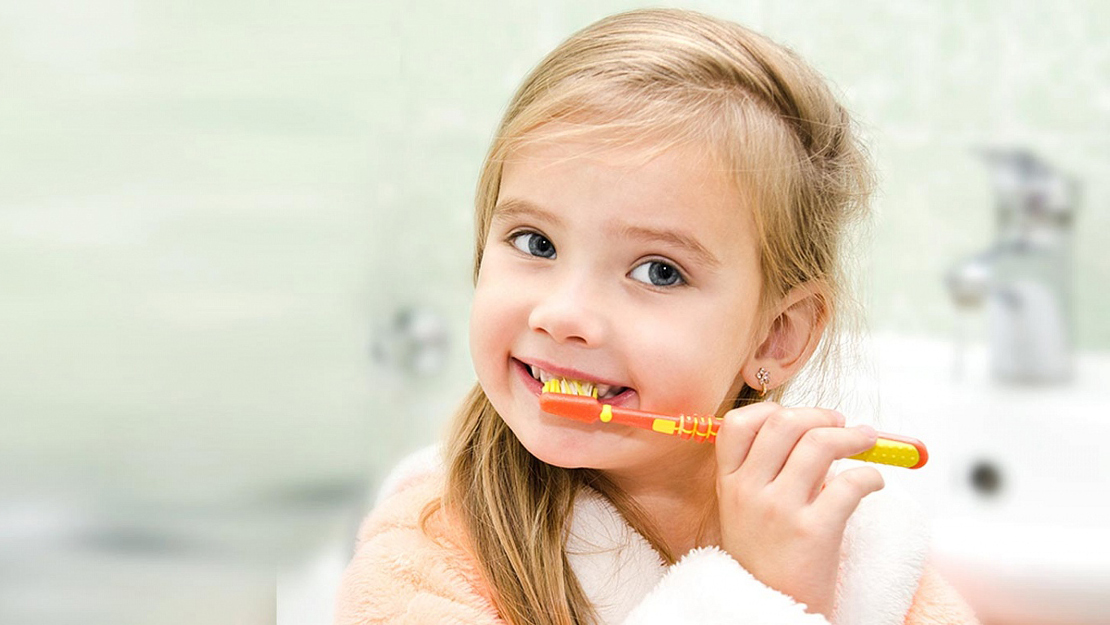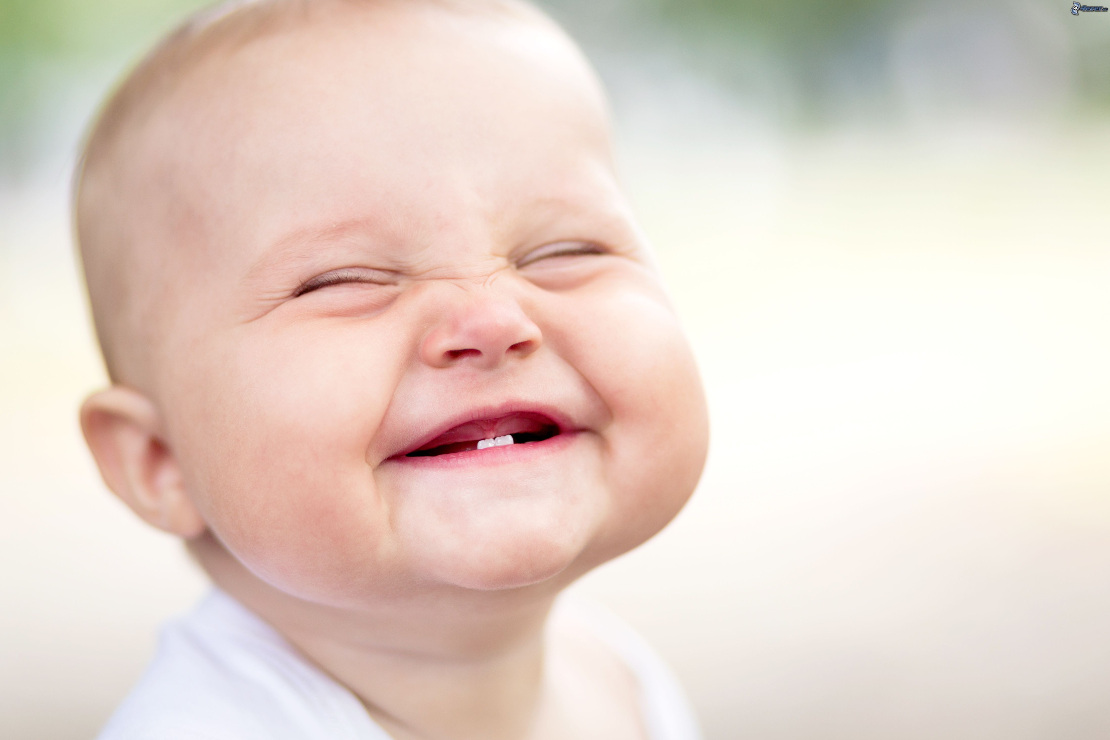
This article will talk about the features of child dentistry:
- —What should it be?
- —Are adult approaches applicable for children?
- —What qualities should a pediatric dentist possess?
First of all, you need to realize that pediatric and adult dentistry are different, if only because the diseases and methods of treatment are completely different.

How is a pediatric dentist different from an adult dentist?
Childhood has many peculiarities in the manifestation and course of pathological processes of the maxillofacial region, as well as in the methods of treatment. The dentist is required to know the age-related anatomy and physiology of the child; to be able to understand the issues of manifestation of pathology at different ages; to be able to choose methods of prevention of dental diseases in children and determine the timing of conservative or surgical treatment.

- 1. Contrary to popular belief, pediatric dentistry is more complex than adult dentistry, and the diseases as well as their treatment methods are quite different.
- 2. There are no specific adult infections in pediatric dentistry.
- 3. All manipulations in it must be carried out under anesthesia. Nothing without anesthesia can not be done - even to treat a trivial tooth decay. A healthy child's psyche is one of the main tasks of pediatric dentistry.
- 4. Anesthesia should be done so that the child can't see it or feel it - sleight of hand and no fraud. Good doctors know how to do that.
- 5. In childhood, pathological processes develop much faster. For example, baby teeth are much more easily and quickly affected by decay than permanent teeth. Caries in a child can literally grow from a simple dark spot to complete destruction in just a few months.
- 6. The requirements for the filling of deciduous teeth are even higher than for the filling of permanent teeth, because its structure is fundamentally different from permanent teeth.
- 7. When treating temporary (deciduous) teeth, the location of the rudiments of permanent teeth must be considered, which is not the case in adult dentistry.
- 8.Not all dentists have the techniques and skills to work with baby teeth and children in general. Therefore, pediatric dentists have a separate specialty - "pediatric dentistry".
- 9. There are special anesthetics, general anesthesia, filling materials for children. This is very important to know, because much of the adult intake is not suitable for children.
Adult approaches based on explaining to the patient the need for a particular dental procedure do not work well with children.

It is difficult for a child to understand why tooth decay needs to be treated and why it needs to be treated now. However, playful treatment, gentle coaxing and reassuring the child have a powerful effect - children are much more relaxed when they are convinced that they will not be hurt.
Last but not least is the pediatric dentist. Not all dentists have the methods and skills to work with baby teeth and children in general. While an adult dentist can be a closed-minded bouquet who knows his business perfectly well, for a pediatric dentist, knowledge of dentistry alone is not enough. A pediatric dentist must be a sensitive, kind person, a good psychologist, attentive to the fears of children and trying to prevent them.

A self-respecting pediatric dentist will not allow young patients to wait their turn at the office door, banging their teeth and shaking their knees. A good pediatric dentist will engage the child, help him or her to forget and distract him or her during the process of perhaps not the most painless treatment - tooth extraction or frenulum trimming.
